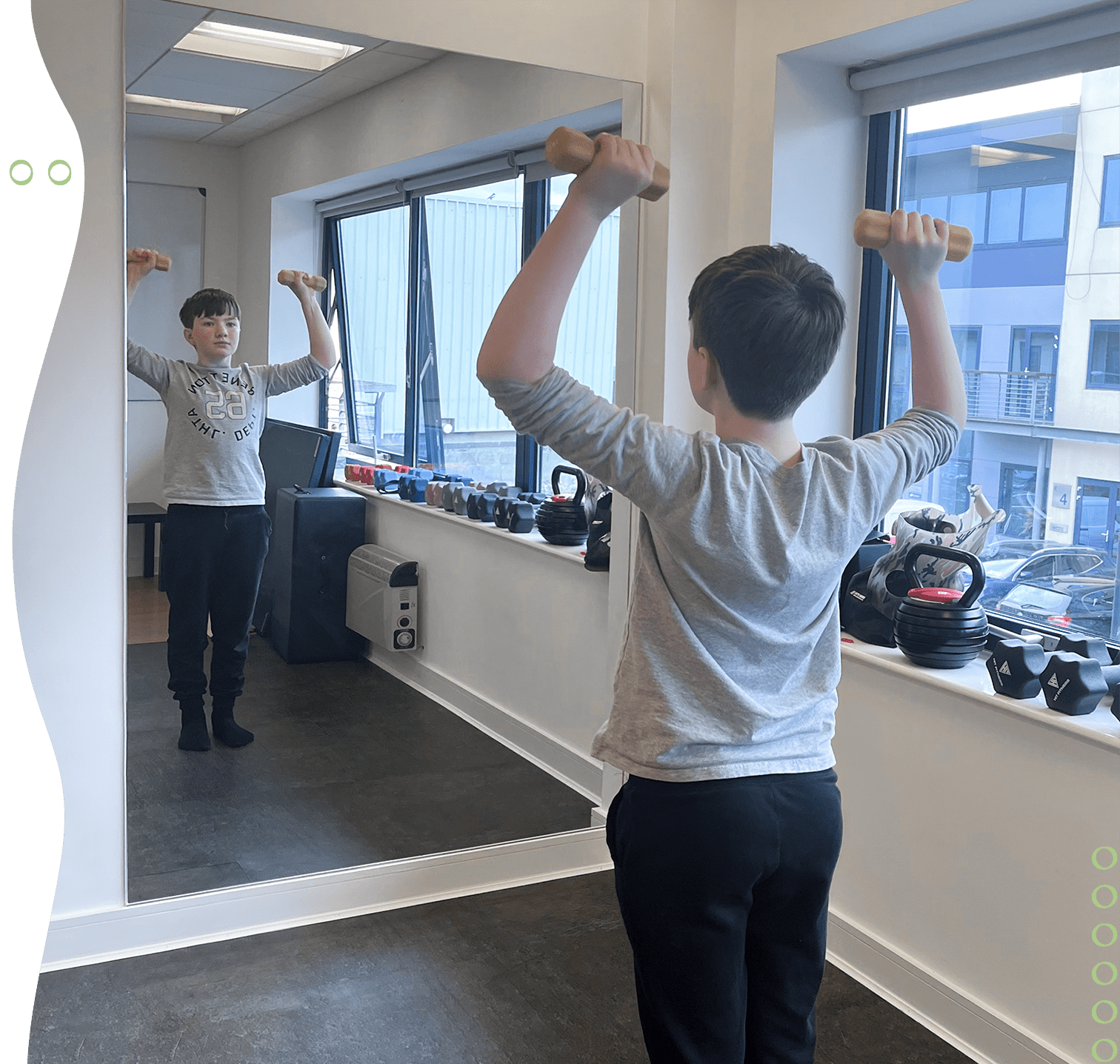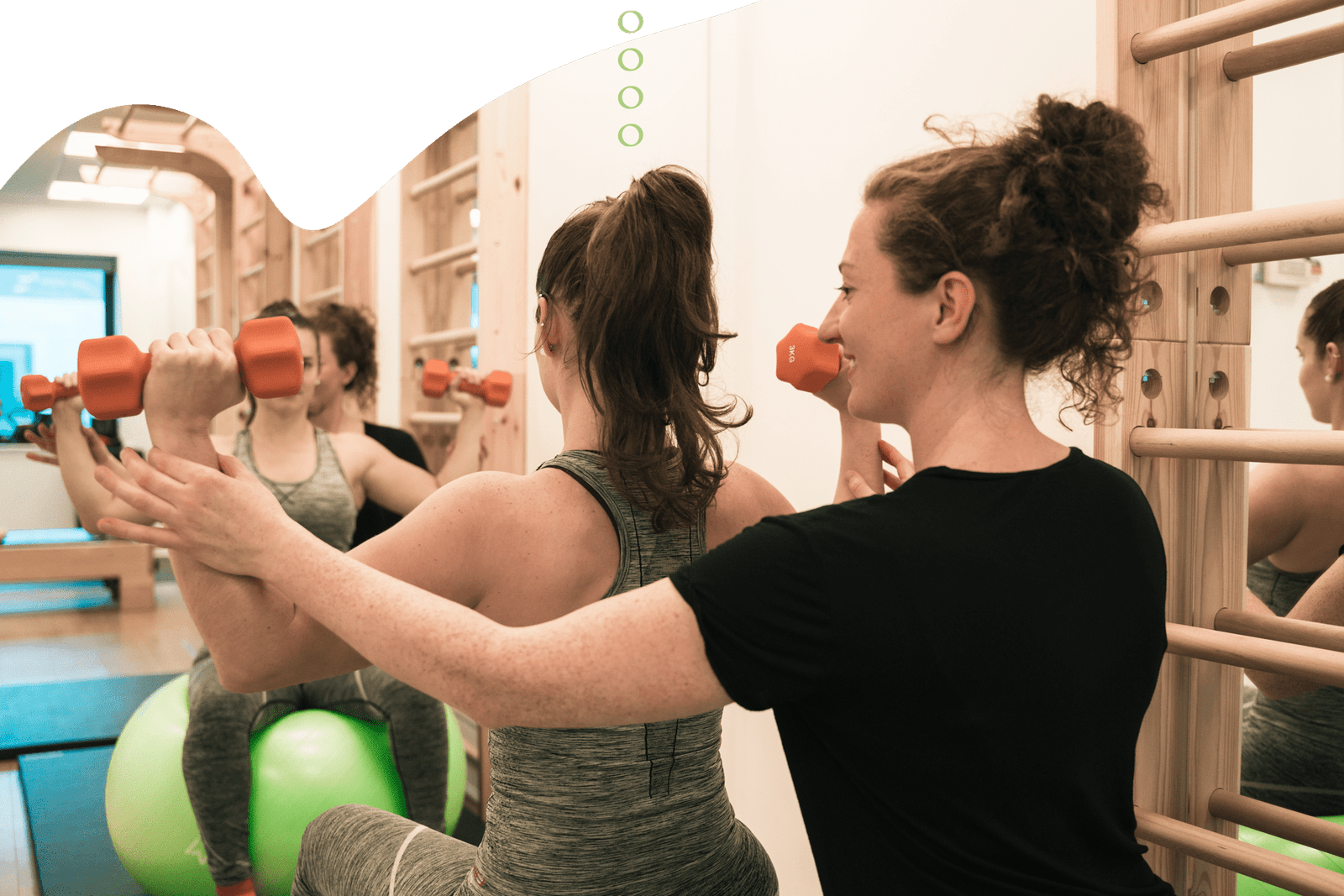PoTS
Postural Tachycardia Syndrome
PoTS can include many different symptoms. Once diagnosed treatment tends to be highly effective. The physical
and emotional nervous system both need to be addressed to ensure successful outcomes.
Symptoms of PoTS
PoTS is a major cause of orthostatic intolerance. It is defined by a rise in heart rate of >30 beats per minute (bpm) in adults and >40 bpm in teenagers while upright, without a fall in blood pressure. Typical symptoms include dizziness and fainting. Other symptoms such as brain fog, sweating, heart palpitations, chest pains, poor sleep, fatigue and headaches can also be reported. For some, having low blood pressure can make the symptoms even worse. For many, there is delay in clinicians recognizing the nature of the symptoms which can lead to delays in treatment. The onset of PoTS may be linked to an event such as infection, trauma, surgery or stress. Gastrointestinal and urinary involvement may occur along with thermoregulatory dysfunction. It is often a secondary syndrome to those with hypermobility spectrum disorder (HSD) or with Ehlers Danlos Syndrome (EDS).

The Role of the Nervous System
The reason for the symptoms of PoTS is due to a problem in the autonomic nervous system. When we stand up or change position blood flows down towards our feet and our body naturally reacts to this causing our blood vessels to constrict and our heart rate to momentarily quicken to bring blood back to the heart and brain. Due to the faulty messaging in the nervous system of someone with PoTs this process does not happen as it should and the body compensates with a racing heart to try and recover the blood to the right areas.

We would highly recommend McGowan Physio - Niamh you have been amazing, the kids always enjoy their sessions. Thank you so much for everything you have helped them achieve.
Patricia & Briain Kelly
Management of PoTS
Patients with PoTS can be proactive by managing their fluid intake and salt intake as well as learning how to pace their activity. Sometimes medications will be required and further testing. Following a consultation with a cardiologist physiotherapy may be advised. Physio can help to increase muscular strength and endurance in the body which will aid in venous return of blood to the heart and then blood to the brain.
We work with Dr. Mark Walsh to ensure a team approach is used with managing patients with PoTS.

